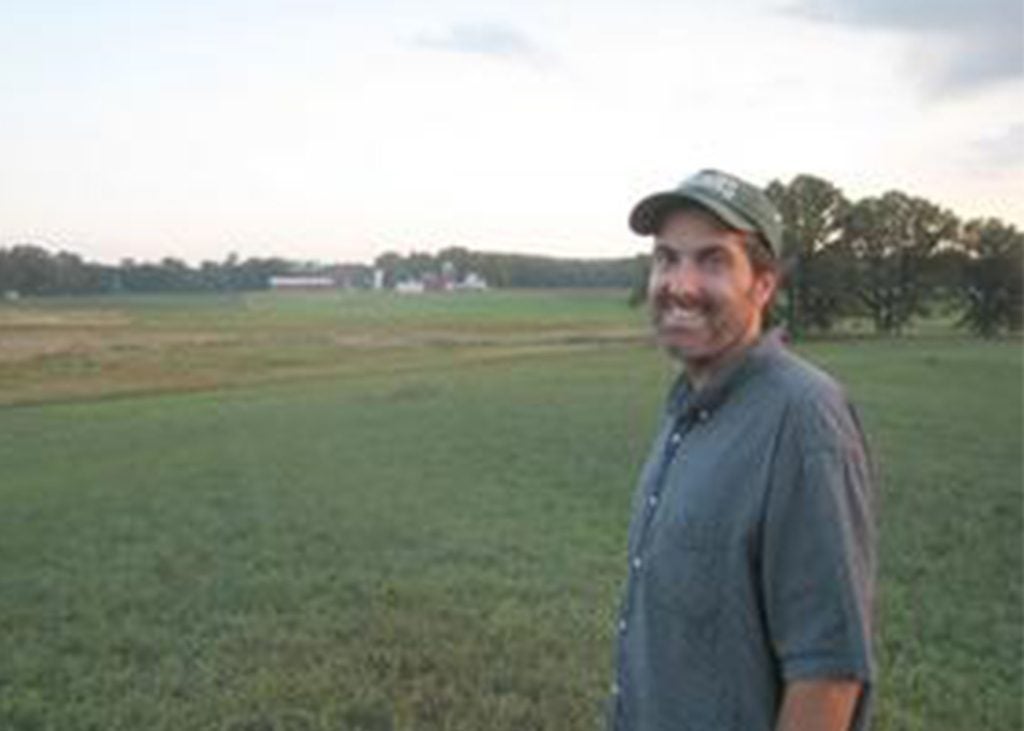
Applied Geographer and Lecturer, Manager of the Environmental Spatial Analysis Laboratory
Shannon Brines is interested in agriculture, food systems, public health, land use, sustainable design, and environmental informatics. He consults on a variety of research projects, most notably: multiple projects with the Center for Social Epidemiology and Population Health which include neighborhood analyses of food access; and, a new USDA-funded project led by the university which will analyze Food Access In Michigan and includes multiple community NGO partners and educational institutions across the state as collaborators.
Shannon is active in our local food community organizations: currently serving on the Slow Food Huron Valley board (vice-chair), HomeGrown Festival steering committee, Local Food Summit steering committee (co-chair), Greenbelt Advisory Commission (vice-chair), and on the student initiated University of Michigan Sustainable Food Program (UMSFP) Advisory Board. He has also served in the past on the Ann Arbor Public Market Advisory Commission and the Tilian Farm Development Center steering committee. Shannon began authentically growing vegetables and fruits as a child growing up in Dexter and established Brines Farm on that family land in 2004 due to his passion for sustainable, year-round agriculture. He began selling year-round at farmers markets shortly thereafter and offered the area’s first fresh produce Winter CSA share program a few years later. In 2012 Shannon was able to purchase a neighboring historical 80 acre farm and immediately began stewarding that land following principles of ecology, restoration agriculture, and permaculture. His farm offers a variety of internship opportunities as well as periodic open houses and volunteer days for the public. Shannon was selected as a member of the US delegation to participate in Terra Madre 2008 in Turin, Italy: a world slow food meeting focused on increasing small-scale, traditional, and sustainable food production.


